|
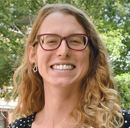
|
Juliette Bruce is a postdoc at Brown University, working in algebraic geometry and commutative algebra. She has been a board member of Spectra, the association for LGBTQ+ mathematicians since 2020, and served as Spectra's inaugural president in 2022. Juliette's lecture connects faculty with the tools they need to support LGBTQ+ students. She explains the various challenges these students may encounter in the classroom and our local community and solutions to help them achieve success.
|
|
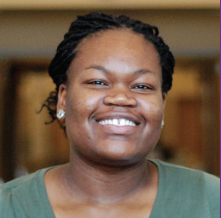
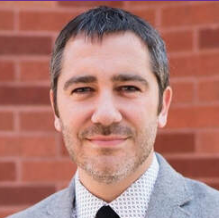
|
Can We Make Grace the Norm in Our Classrooms?
In October 2022, we hosted Dr. Candice Price and Dr. Milos Savic.
Recently they have been questioning the way that people perceive the relationship between students and instructors in the classroom, especially in mathematics. There is such an adversarial relationship that even sharing our career choices with strangers leads to groans and stories of trauma. They believe this is what happens in a classroom without grace. So when they add grace the opposite should happen, right? During the time together, they hoped to discuss the ways that grace can be incorporated into the classroom and why many people think it is radical. They invited everyone to join them ready to reflect on the ways that they can make grace the norm in their classrooms and spaces.
|
 |
Mathematics for Human Flourishing
In October 2021, we hosted Dr. Francis Su. Francis Su writes about the dignity of human beings and the wonder of mathematical teaching. He is the Benediktsson-Karwa Professor of Mathematics at Harvey Mudd College and a former president of the Mathematical Association of America. In 2013, he received the Haimo Award, a nationwide teaching prize for college math faculty, and in 2018 he won the Halmos-Ford writing award. His work has been featured in Quanta Magazine, Wired, and The New York Times. His book Mathematics for Human Flourishing (2020), winner of the 2021 Euler Book Prize, is an inclusive vision of what math is, who it’s for, and why anyone should learn it.
|
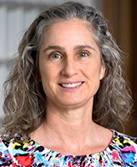 |
Beneficial, Meaningful, and Feasible
In September 2021, we hosted Dr. Monica Stitt-Bergh. Dr. Stitt-Bergh is an Assessment and Curriculum Support Specialist at the University of Hawai'i Manoa.
Creating an assessment plan for the core curriculum learning outcomes can be overwhelming. I’ll introduce several principles about learning assessment –“benefit the students,” “meaningful to and feasible for faculty,” and “support the university’s values” – that can help shape the assessment approach/process and thus narrow down options. Using the principles, I’ll discuss specific strategies, including learning outcome alignment, signature or shared assignments, and feasible options for the collection and evaluation of student learning evidence. My aim is for participants to leave being able to describe an assessment approach/process that is beneficial, meaningful, feasible, and credible. Participants will have time to discuss and ask questions in small and large groups.
|
 |
Black Linguistic Justice
In February 2021, we hosted Dr. April Baker-Bell. Dr. April Baker-Bell is a transdisciplinary teacher-researcher-activist and Associate Professor of Language, Literacy, and English Education in the Department of English and Department of African American and African Studies at Michigan State University. A national leader in conversations on Black Language education, her research interrogates the intersections of Black language and literacies, anti-Black racism, and antiracist pedagogies, and is concerned with antiracist writing, critical media literacies, Black feminist-womanist storytelling, and self-preservation for Black women in academia, with an emphasis on early career Black women.
|
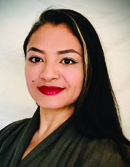 |
The Lonely Reality of an Academic Dreamer
In January 2021, we hosted Dr. Pamela Harris. Presentation description: Dr. Harris told her life story, taking us through the fears of being an undocumented first-generation college student and the challenges she overcame as a woman of color with a passion for STEM. Her talk focused on how she found support networks and mentors and the development of her identity as a scientist. She shared how communities can help support underrepresented minorities and undocumented students in achieving their full potential as they pursue their academic careers.
|
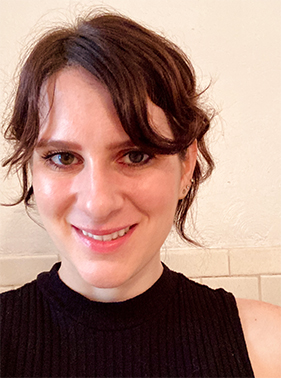 |
Intro to Contract Grading
Also in October 2020, we hosted Dr. Kristin Ravel who is an early adopter of contract grading. Her talk, "Introduction to Contract Grading: Toward a More Compassionate Approach to Assessment", offered participants a concrete sense of how contract grading might be applied in a variety of classrooms, and to varying degrees.
|
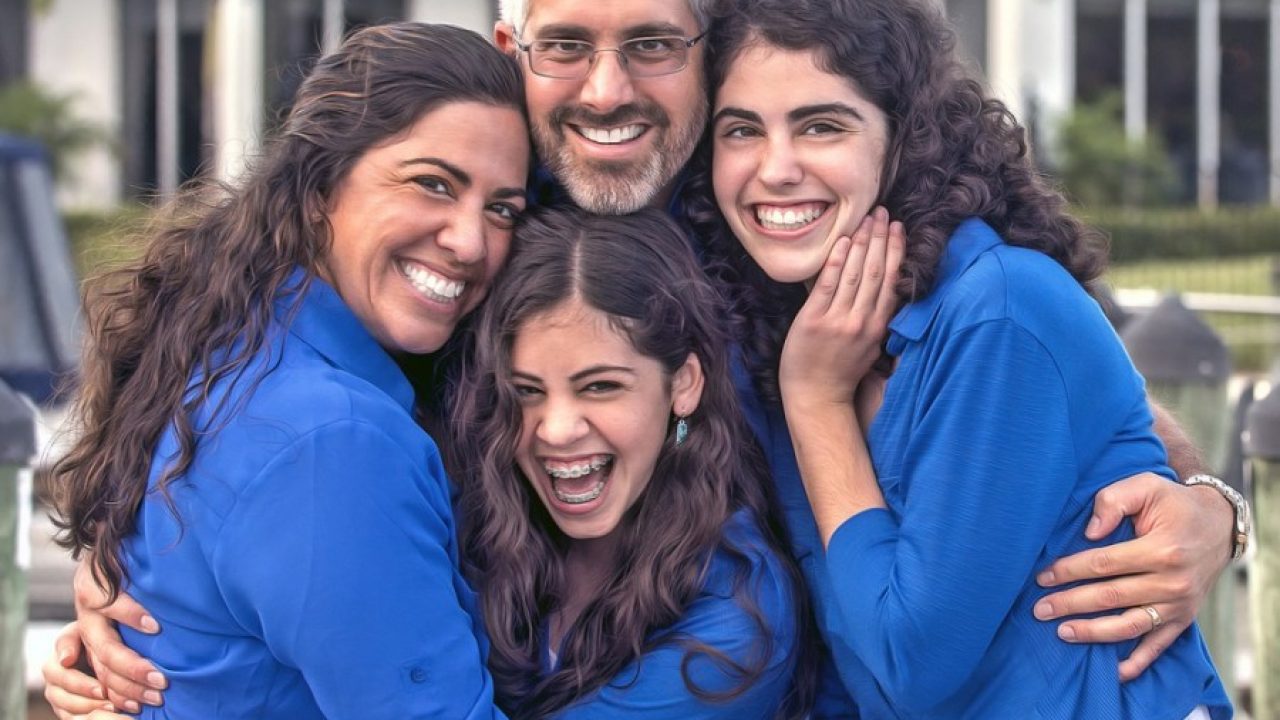 |
Redefineng Success: Supporting Each and Every Student to Reach their Full Potential
In October 2020, we hosted Juli and Alex Dixon. Presentation description: They provide a unique perspective on how to support each and every student to learn. Juli, a university mathematics educator, provides the viewpoint of both the educator and the parent of children with special needs. Alex, an early childhood development major, shares her story related to both medical and educational struggles. Juli also shares her younger daughter Jessica’s story. Jessica is majoring in neuroscience and statistics, and provides the position of both the sibling and student with a disability. Jessica’s experiences as a high achiever offers a new perspective on Universal Design for Learning. Participants connected with the Dixon family’s journey; explored what it feels like to “walk” in the shoes of a student with special needs; be supported in helping students to reach their full potential.
|
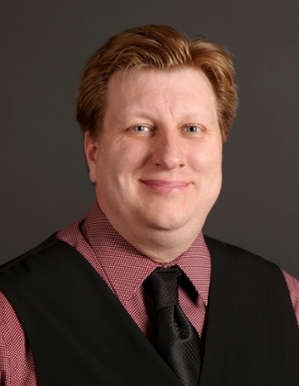 |
High Impact Mathematical Thinking & Learning through Habits of Mind
In January 2020, we hosted Dr. Erick Hofacker. Presentation description: Students are expected to learn various forms of content at the different grade levels as they progress through school. What should be emphasized & be consistent throughout that education are the mathematical practices they learn to implement with their mathematical thinking & reasoning associated with the content. It is these habits of mind that we want students to develop so they can apply ideas & concepts to the various
|
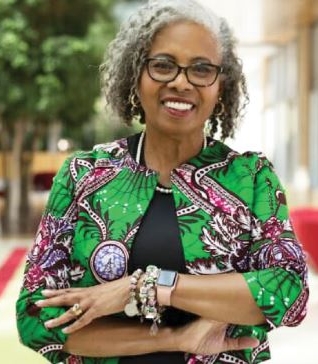 |
From Hip Hop to Hope: Deploying Youth Culture for Academic Success
In November 2019, we welcomed Gloria Ladson-Billings, Professor Emerita at the University of Wisconsin for a presentation called "From Hip Hope to Hope: Deploying Youth Culture for Academic Success". Since the initial introduction of Culturally Relevant Pedagogy, our schools and classrooms have grown even more complex. The combination of rapid technologies and the enthusiasm of youth culture make it necessary for teachers (at all levels) to rethink their practice. Even culturally relevant pedagogy must evolve. This talk spoke to the way the evolution of culturally relevant pedagogy may insure that more students may experience success both in and out of the classroom.
|
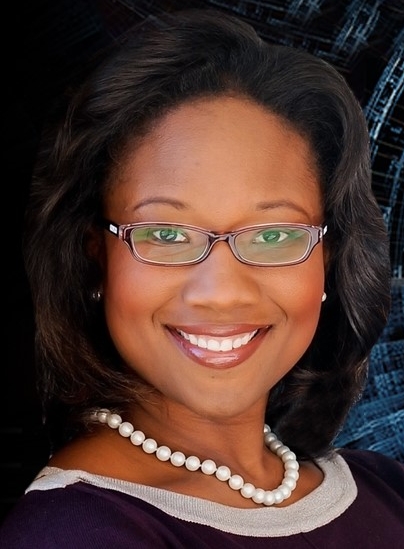 |
Power in Numbers: Unveiling Statistical Hidden Figures
In October 2019, we welcomed statistician Dr. Talithia Williams to campus to discuss the power of STEM and her journey as a woman of color in the field. Dr. Williams reminded us of the power of representation in the sciences and the importance of remembering the people who have paved the way before us — especially women and women of color.
Through her book, Power in Numbers, her popular TEDx talk, and as a co-host on NOVA Wonders, Dr. Williams is helping to change the collective mindset regarding STEM. And through her research and work in the community, Dr. Williams is a leading example of how statistics — and the sciences — can create positive change.
|
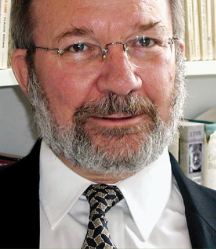 |
Typo? Mistake? — Does it matter?
In May 2019 we hosted Dr. Peter Adams. Presentation description: How can we as instructors, tutors, and advisors most effectively and equitably respond to "errors" in our students' writing?
|
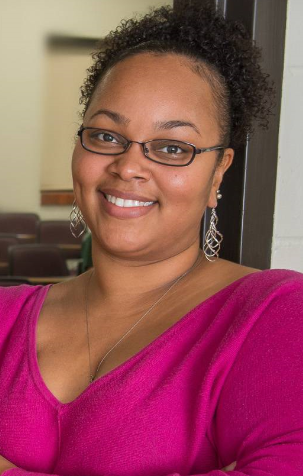 |
Creating an Engaging and Thriving Environment for Students in Math Courses
In April 2019, we hosted renowned mathematician Dr. Dandrielle Lewis. Because past experiences shape students' preparation for college, it is helpful to be aware of those experiences and to be creative when teaching students who need developmental math. Implementing comprehensive, integrated, and long-lasting support programs aid these students as they matriculate through college. Services and strategies of the Educational Opportunity Program and the University of Richmond Integrated Science Experience were explored.
|













